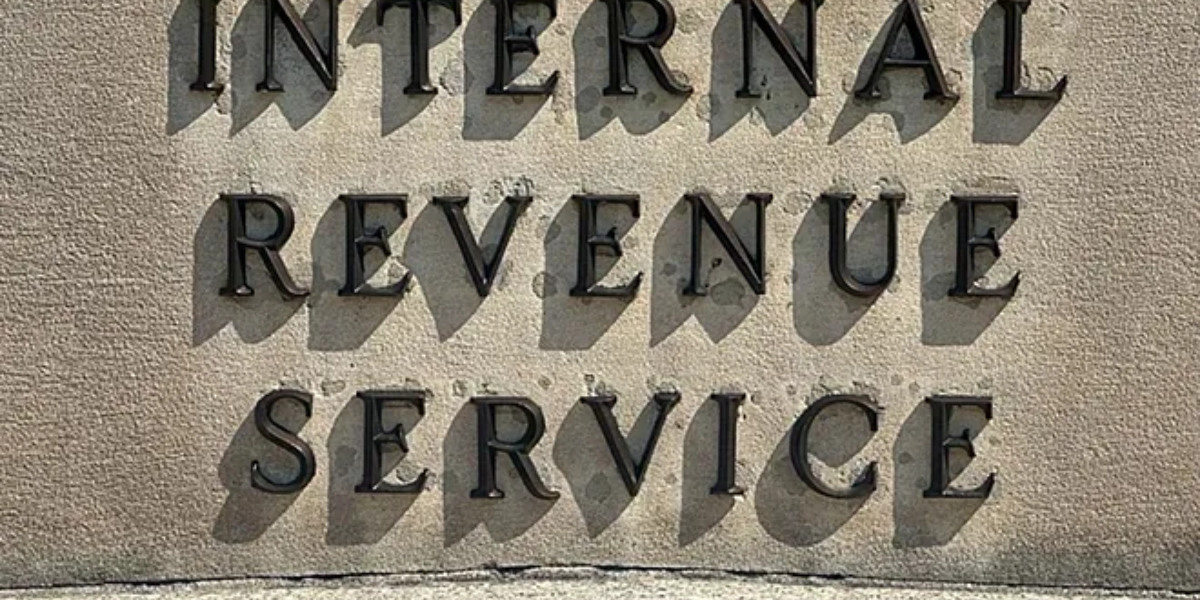Colorado’s homeowners have watched their properties soar in value over the last two decades, but for many, that appreciation could come with a serious tax consequence. A federal rule that hasn’t changed since 1997 is now creating a hidden home equity tax for nearly 6 in 10 Colorado homeowners.
According to the National Association of REALTORS®, 59.5% of homeowners in Colorado have exceeded the $250,000 capital gains exclusion for individuals.
Another 18.2% are over the $500,000 cap for married couples filing jointly. With rising prices across metro areas like Denver, Boulder, and Fort Collins, the number of households impacted is only expected to climb.
Home prices have outgrown the tax code
The capital gains exemption was designed to allow homeowners to keep profits on the sale of their primary residence—$250,000 for single sellers and $500,000 for joint filers. But these limits haven’t been adjusted for inflation since they were introduced in 1997.
Over that time, home values nationwide have increased by more than 260%. If the caps had kept up, they would now be over $660,000 and $1.32 million, respectively. In Colorado, many homeowners are finding themselves taxed on appreciation they didn’t think would count—simply because they stayed in their homes and built equity over time.
Adding to the burden, Colorado taxes capital gains as ordinary income, with a flat state income tax rate of 4.55%. When combined with federal capital gains taxes, sellers can owe tens of thousands on their home sale.
A growing problem in a high-demand market
Colorado’s exposure is among the highest in the U.S. More than half of all homeowners in the state are now above the $250K threshold, and nearly 1 in 5 exceed the $500K limit. This is no longer just a luxury market issue—it’s a mainstream one. While the percentage falls in line with neighboring states to the north, like Idaho and Montana, the liability is vastly higher than places like New Mexico, Kansas, and Oklahoma, which specifically only has 12% of homeowners above the threshold.
In popular communities from Colorado Springs to Fort Collins, long-term homeowners are increasingly facing capital gains taxes on their home sale. Many are retirees, families looking to downsize, or owners hoping to relocate closer to family—but for each, the equity they’ve built may now come with a major tax liability.
And that liability is often unexpected. Many owners only discover they’re over the limit after listing the property. Others are choosing not to list at all, a behavior experts refer to as the “stay-put penalty.”
2035 will bring even greater exposure
Looking ahead, projections from NAR show that by 2035 are startling. 93% of Colorado homeowners will exceed the $250,000 exemption, while 72% will surpass $500,000. These high rates signal a looming financial crisis for aging homeowners—and a shrinking pool of available inventory for buyers.
It’s one reason housing economists warn that the housing market is becoming locked. When long-term owners delay selling due to tax burdens, it limits turnover and pushes prices higher for everyone.
A legislative fix on the table
Real estate advocates are pushing for a solution: the More Homes on the Market Act. The bill would double the current exclusion limits and index them to inflation—bringing the tax code in line with modern home values.
“Equity shouldn’t be a trap,” says Shannon McGahn, chief advocacy officer at the National Association of REALTORS®. “It should be a stepping stone for the next chapter”.
Until then, Colorado homeowners—especially those planning for retirement or looking to relocate—should understand how capital gains taxes work and speak with a financial advisor before selling. In a state where prices have risen quickly, timing and planning can make a substantial difference.




